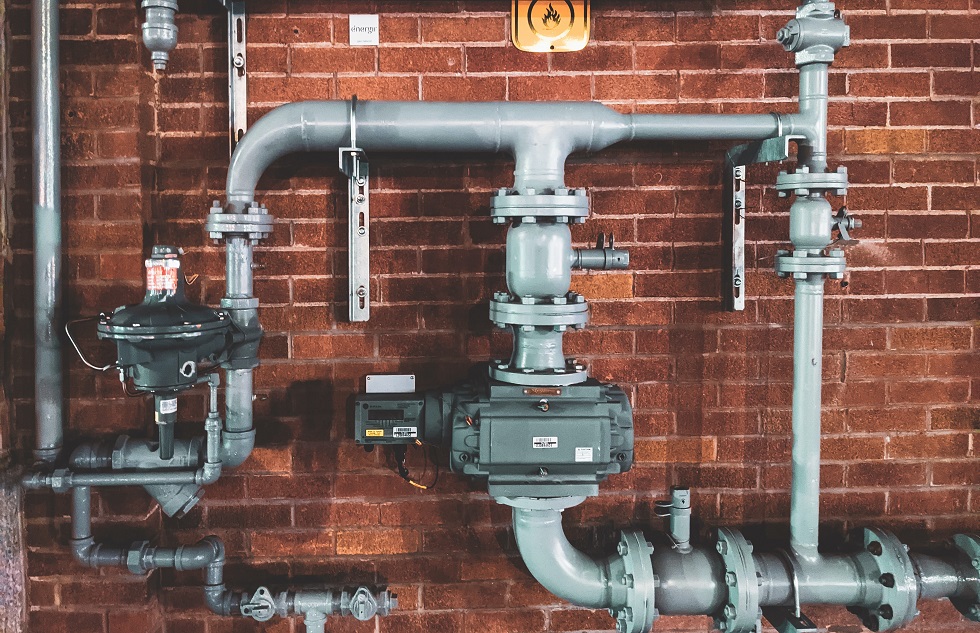Water damage from a burst pipe can be extensive and expensive.
This is especially true if the pipe was slowly leaking at first before the major burst occurred. When a pipe leaks for a long time, it fills the home with moisture, leading to damaged walls and ceilings and the potential for mold growth.
Is A Burst Pipe Covered By Insurance?
After the initial shock of a burst pipe, the first thing you will want to know does insurance cover the pipe burst. Sadly, with homeowners insurance, a burst pipe may or may not be covered. It will depend on the policy and the circumstances.
Most homeowner’s policies will only cover a burst pipe if the pipe bursts suddenly and unexpectedly. This means that if a pipe breaks after it has been leaking for a long time and causing a lot of long-term damage, the policy may not cover the damage.
Will Insurance Cover A Burst Pipe From Repairs?
In most cases, the answer is no. Burst pipe insurance coverage only applies to events that were unexpected or an accident. If you have a contractor making repairs to your home and a pipe bursts, they would be the ones responsible for paying for any damages that occurred to your home.
Does Renters Insurance Cover A Pipe Burst?
To know for sure if your renter’s insurance covers damages from a pipe burst, you will need to refer to your policy. In many cases, the answer is yes. It is not the renter’s fault that the property had a pipe burst. However, if your claim is denied, you may need to seek the services of an attorney to have your claim approved.
Burst Pipe Insurance Claim Tips
When you need to file a water pipe burst insurance claim, you are encouraged to do the following to help make the claim process easier for yourself.
- Shut off the water immediately to prevent more damage from happening. You must show the insurance company that you tried to prevent excessive amounts of damage from happening.
- Call your insurance company to make a claim. They may recommend a remediation service to help with the clean-up.
- Contact a water remediation service on your own if the insurance company has not made recommendations or is taking time with the claim. You need to protect your home and prevent mold growth. A remediation company can complete this task.
- If your claim is denied, speak with an attorney that handles homeowners insurance claims.
Preventing Water Damage In Your Home
There are pipes running through all areas of your home. Detecting a small leak can be difficult. However, finding a leak before it becomes worse or the pipe bursts can save you a lot of time, headaches, and money.
There are some signs that you may have a leaking pipe in your home. If you notice any of these signs, it may be time to contact a plumber.
- Noise in the walls when you turn on the water. If you hear banging, clacking, hissing, or other weird noises when you turn on the water, you could have trouble with one of your pipes.
- Discoloration on walls or ceilings. It could indicate a leak if you get a strange watermark on your walls or ceilings. Additionally, if this discoloration is dark or black, it could be mold growth behind the walls from a leak.
- Do you have areas on your wall or ceiling that seem to be bulging? This may indicate swelling behind the wall where the drywall is absorbing the water from the leak. If you notice this, you should call a professional immediately.
- Higher water bills. If your water bill suddenly increases for no reason, you may have a leak.
Help With Your Pipe Burst Insurance Coverage Claim
If you believe that your water damage should be covered under your homeowner’s or renter’s insurance policies and the insurance company is denying your claim, speak with a property damage attorney. Your attorney can look over the terms of your policy and the evidence from the water event and help you make a successful compensation claim.
Many insurance claims are denied because the insurance company hopes you will not fight their decision. Protect your rights and speak with a property damage attorney at Landau Law today. Contact us now!
Florida Property Damage Lawyers
Property Damage Blog Posts
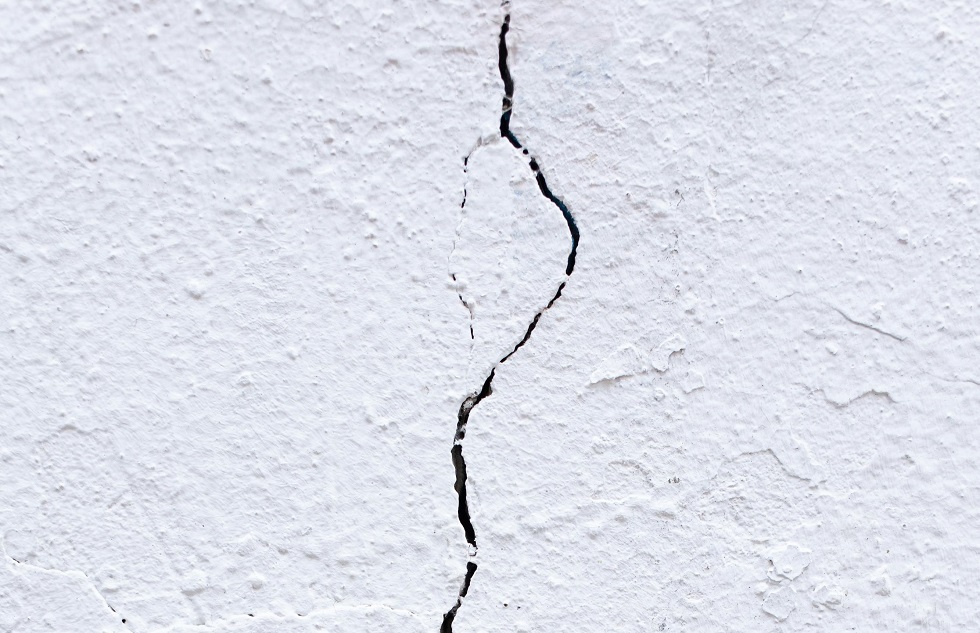
How Do Home Insurance Companies Determine Pre-existing Damage?
Home insurance companies employ various methods to assess pre-existing damage when evaluating property damage claims. This process is crucial for insurers to determine the validity and extent of coverage for property damage. Insurance adjusters conduct thorough visual...

Signs Your Insurance Adjuster Estimate Is Too Low
Insurance claims can be complex, and receiving an adjuster's estimate that seems too low is a common frustration for policyholders. Recognizing the signs of an undervalued estimate is crucial to ensure fair compensation for property damage or losses. Key indicators of...
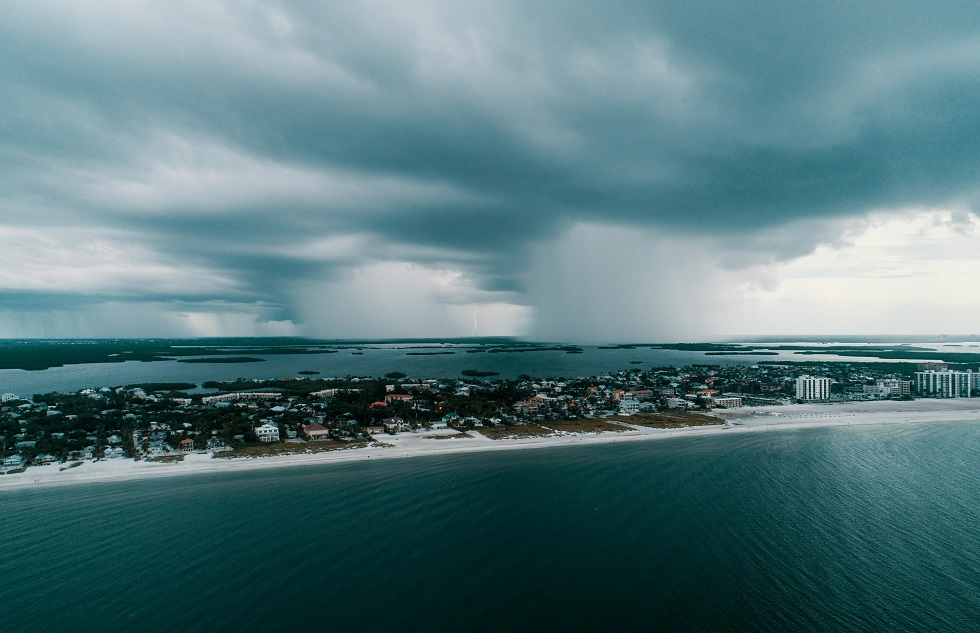
Why Does Florida Have So Many Hurricanes?
Florida is renowned for its beautiful beaches, vibrant culture, and, unfortunately, its frequent encounters with hurricanes. The state's unique geographical location and climate conditions make it particularly vulnerable to these powerful storms. Florida's position on...
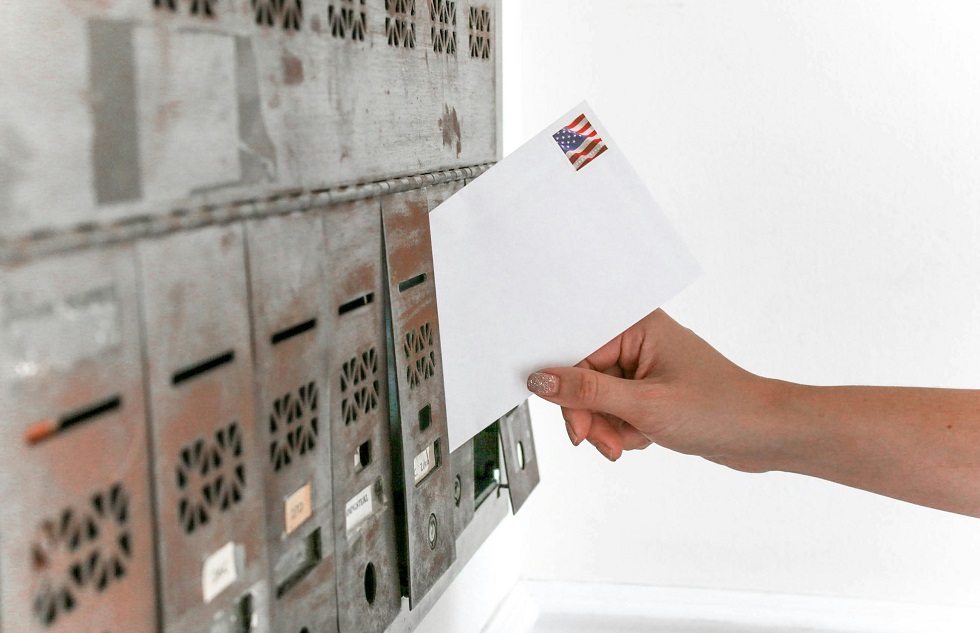
What To Do If You’re Denied Hurricane Damage Claim For Home
Hurricane damage can be devastating for Florida homeowners, leaving them in a state of distress and financial uncertainty. When insurance claims for such damage are denied, it adds another layer of stress to an already difficult situation. Facing a denied claim...
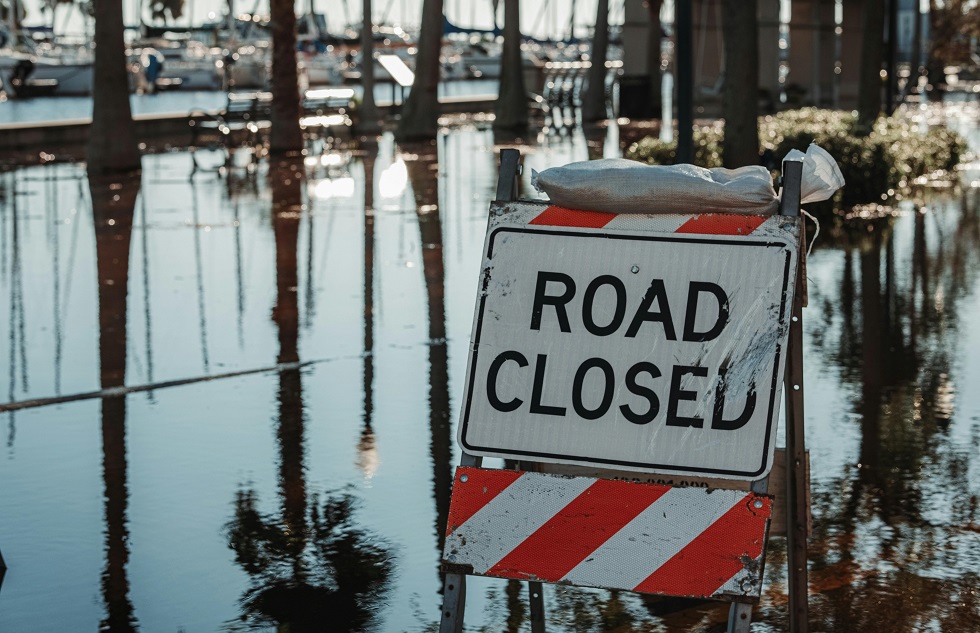
Guide To Documenting Damages For A Florida Flood Claim
Proper documentation of flood damage is crucial for a successful insurance claim in Florida. When floodwaters recede, homeowners face the daunting task of assessing and recording the extent of their losses. Thorough documentation, including photos, videos, and...

What To Do If You Disagree With A Home Insurance Adjuster
Dealing with a home insurance claim can be stressful, especially when you disagree with the adjuster's assessment. Many homeowners find themselves in this frustrating situation after experiencing property damage or loss. If you disagree with the insurance adjuster's...
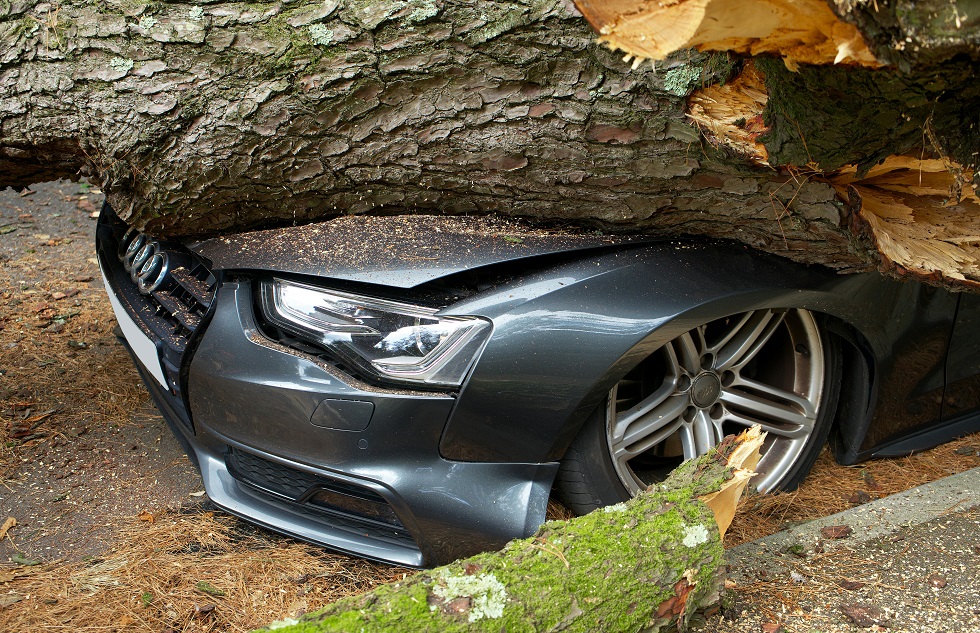
How To Sue Your Neighbor for Property Damage in Florida
Property damage disputes between neighbors can quickly escalate, turning once-friendly relationships sour. If you're facing significant property damage caused by a neighbor in Florida, legal action may be necessary to protect your interests and recover damages. In...

Common Reasons Your Florida Hurricane Damage Insurance Claim May Be Denied
Florida homeowners face a daunting challenge when their hurricane damage insurance claims are denied. Understanding the common reasons for these denials can help you navigate the claims process more effectively. Insurance companies may deny claims due to inadequate...




